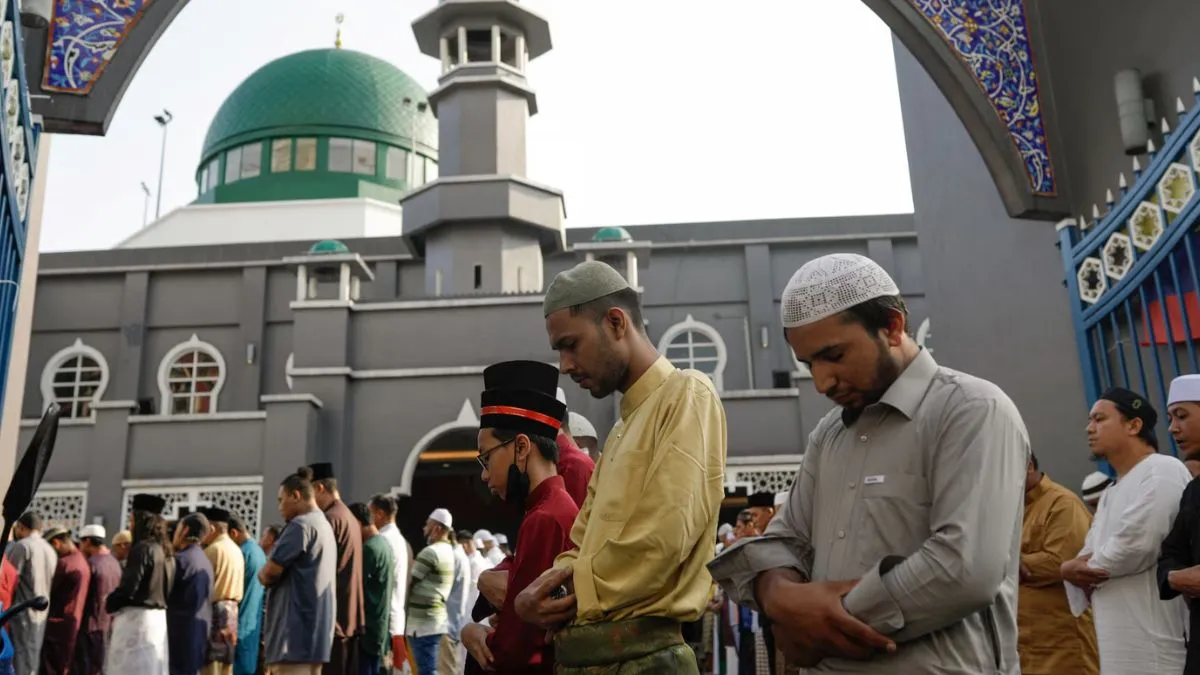- By Shivangi Sharma
- Wed, 20 Aug 2025 12:17 AM (IST)
- Source:JND
Terengganu, a Malaysian state governed by the Islamist Pan-Malaysian Islamic Party (PAS), has announced that Muslims who miss Friday prayers without a valid excuse could face imprisonment, fines, or both. First-time offenders may be jailed or fined up to 3,000 ringgit (around USD710), a move critics say reflects a sharp tilt toward religious conservatism, according to the South China Morning Post (SCMP).
The decision has triggered widespread concern and debate online. Many Malaysians have questioned whether legal coercion is the right approach to encourage religious observance.
Legal Enforcement vs. Religious Principle
Malaysian lawyer Azira Aziz criticised the policy, arguing it contradicts the Quranic teaching that “there is no compulsion in religion.” She wrote on social media: “No one disagrees that Friday prayers are wajib or obligatory. I just think it’s unnecessary to be codified as law as a crime/offence. Advocacy and awareness programmes would’ve been sufficient.”
ALSO READ: Trump’s ‘Crazy’ Hot Mic Moment With Macron: ‘I Think Putin Wants To Make A Deal For Me’ | VIDEO
Other commentators warned of broader implications. Ahmad Azhar noted that enforcing religious practice through punishment could push the country toward extremism: “We need voices of concern by all Malaysians, or else we’ll be Taliban soon enough,” he wrote, according to SCMP.
Public Reaction: Mixed Voices
Critics argue that genuine piety should come from the heart, not from fear of legal penalties. “Piety should come from the heart and not from fear of men,” one online user commented.
Some non-Muslim residents urged restraint and respect for religious autonomy. Kenny Tan wrote, “Whether it’s a good or bad idea, let Muslims regulate and handle it. We shouldn’t comment on matters not of our religion, especially when it doesn’t really concern us.”
Muhammad Khalil Abdul Hadi, a member of the Terengganu state executive council, defended the move, stating: “This reminder is important because Friday prayers are not only a religious symbol but also an expression of obedience among Muslims.”
With a population of 1.2 million and no opposition in its legislative assembly, PAS holds all 32 seats in Terengganu. The party hopes to strengthen this base ahead of Malaysia’s next general election, expected within two years. While Islam is Malaysia’s official state religion, the nation’s pluralistic society is grounded in secular principles.
